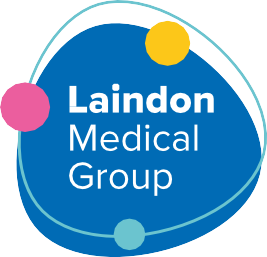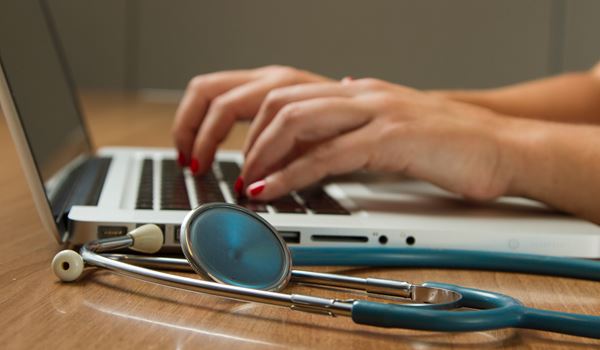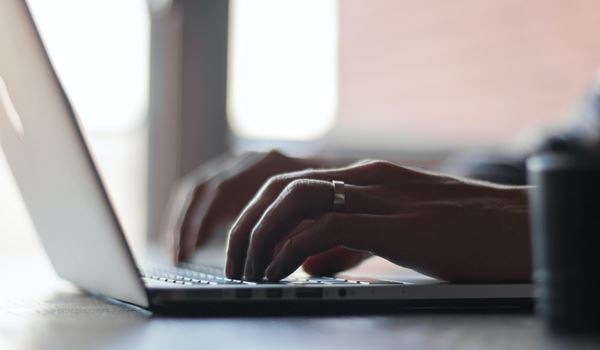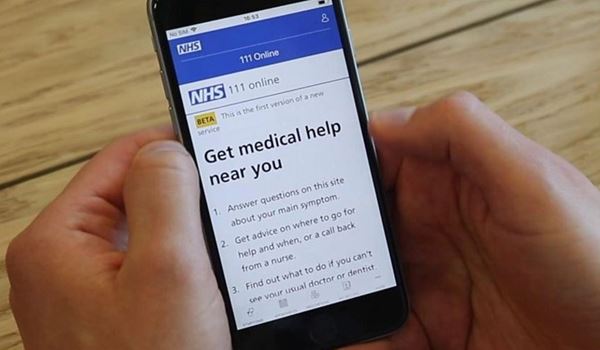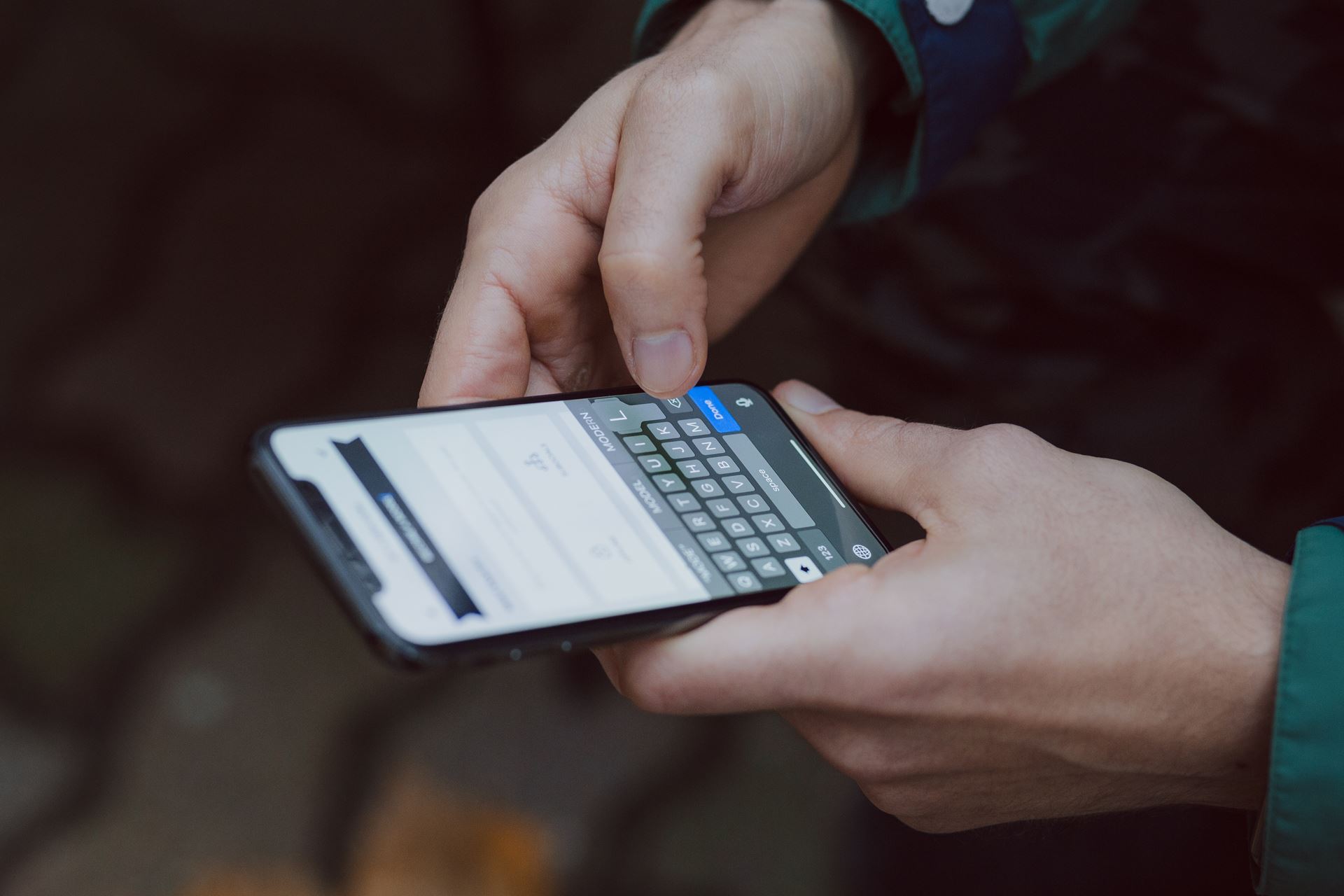Appointments
KEEPING YOUR CONTACT DETAILS UP-TO-DATE
Please ensure that we hold your most up-to-date telephone number and email address.
Online Services
When we're not open
If you need medical help fast but it isn't a 999 emergency you can now call 111.
NHS 111 is now available 24 hours a day, 7 days a week and all calls are free including from mobiles. NHS 111 will assess you, provide advice and direct you straight away to the local service that can help you best.
Out-of-hours services are generally busy so please think carefully before asking to see a doctor and only do so if you genuinely cannot wait until the surgery re-opens.
In a genuine emergency you should call 999. Chest pains and / or shortness of breath constitute an emergency.
Please note we are closed from 1pm on the first Tuesday of every month for staff training.
Appointments System
Our appointment booking process is changing as per current NHS requirements. This requires you to use the https://accurx.nhs.uk/patient-initiated/F81108 to contact us for appointments or any other queries. Our care navigators will respond promptly and connect you to the right clinical or admin colleague to meet your needs.
Please be reminded that your local pharmacy can help with a range of minor ailments without an appointment.
Rest assured that our team will continue to support patients who do not have digital access. Thank you for your support.
You can also receive urgent help 24/7 via NHS 111
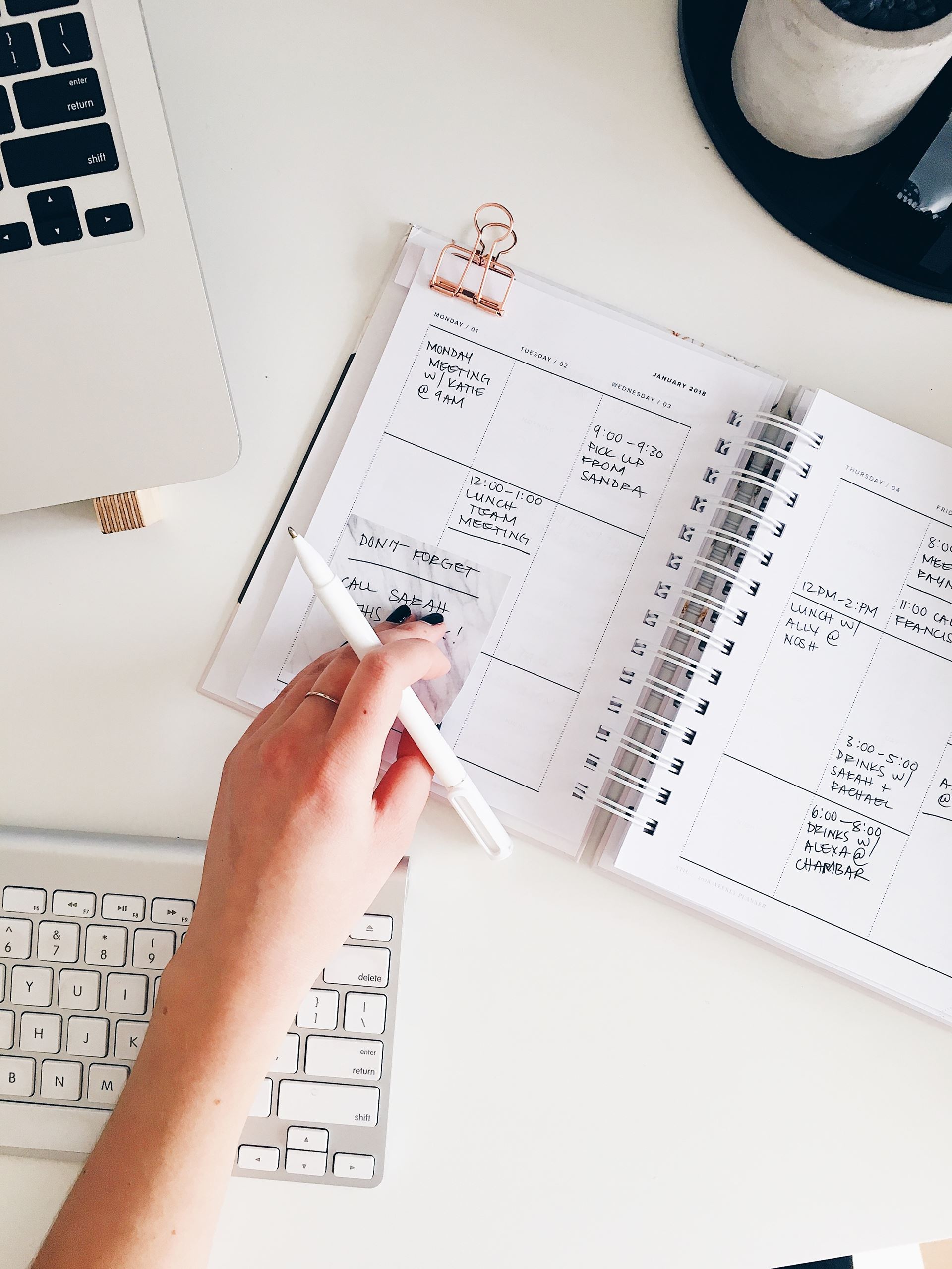
Appointment Duration
Please note that an appointment is 10 minutes and the doctor or nurse is generally able to only discuss one problem in this time.
If you need to discuss multiple problems with the doctor or nurse please ensure you book a double appointment.
Interpreter
If you require an interpreter to attend with you when you see your clinician please notify the receptionist and they will arrange this for you. We can also arrange to have an interpreter in a conference call with you during your telephone appointment with your clinician. Again, please be sure to inform our reception team when booking your appointment.
Consulting and Prescribing
We try to take the time to explain the nature of your illness and the reasons for our actions. We will always examine you if necessary and arrange any appropriate tests. We also think it is very important to be honest with our patients, so we do not pretend to have magic cures for illnesses such as simple colds or tummy upsets – that’s why we usually don’t prescribe anything for these minor illnesses.
Medicines can occasionally do more harm than good, so we will only prescribe treatment if we really think it will help you.
Home Visits
If you are too ill to come to the surgery, or are housebound and need a home visit, please telephone the surgery before 11.30am.
Please only ask for visits after this time if it is an emergency (an urgent medical problem, or a sudden change in your condition that cannot wait until the next day).
The receptionist will need some information about the problem so that the doctor can arrange the visits in order of priority.
You will be telephoned back by the doctor – sometimes, problems can be sorted out with some advice over the telephone, without the need for a visit
Please make every effort to get to the surgery if you can – the facilities are better for examination and any necessary treatment, and you’ll usually be seen more quickly.
We have a Home Visiting service which is managed by West Basildon PCN. If you request a home visit it may be a doctor or an Advanced Nurse Practitioner from the home visiting service who visits you.
Cancel an Appointment
It is important that you inform the reception staff if you are unable to attend your appointment, this will allow that appointment to be offered to another patient. If you fail to notify the Practice that you are unable to attend, you will be sent a letter informing you that you have defaulted from your appointment. Persistent defaulters maybe removed from the list.
Cancellation hotline - 07840 208 638
You can call or text the above number to cancel an appointment during the surgery opening times. Please note, this number is only to cancel an appointment, and cannot be used for any other enquiries.
Text Reminder Service
We have a texting service which allows you to receive confirmation and reminders about your appointments.
To have this service you will need to register by completing a consent form.
Please remember to update your contact details with us when you change address, telephone numbers and email address.
GP and Nurse Training
The Practices are involved with a lot of teaching. Sometimes medical students attend the health centre as part of their training. Qualified doctors (known as registrars) and nurses may also be attached to the Health Centre to learn about general practice and the community. If they are ‘sitting in’ with a doctor or a nurse, you will be asked for your consent to them being in the room.
If you wish to see the doctor or nurse alone please say so, - we understand and would, of course, respect your wishes.
Occasionally, we may also wish to video a consultation for training purposes only. You will always be advised of this when booking an appointment – but if you would rather your consultation was not recorded, once again, please say so and we will respect your wishes.
If you have agreed to have your consultation videoed, please report to the reception desk when you arrive for your appointment. That way we can confirm that you are happy for the consultation to be recorded, and arrange for you to sign the necessary consent form.
Booking a Blood Test
If you have been given a blood test form and need to book a blood test, please click on the link below which will take you to the booking section of Basildon & Thurrock University Hospital.
https://www.mse.nhs.uk/blood-tests
A blood test is when a sample of blood is taken for testing in a laboratory. Blood tests have a wide range of uses and are one of the most common types of medical test. For example, a blood test can be used to:
- assess your general state of health
- confirm the presence of a bacterial or viral infection
- see how well certain organs, such as the liver and kidneys, are functioning
A blood test usually involves the phlebotomist taking a blood sample from a blood vessel in your arm and the usual place for a sample is the inside of the elbow or wrist, where the veins are relatively close to the surface. Blood samples from children are most commonly taken from the back of the hand. The childs hand will be anaesthetised (numbed) with a special cream before the sample is taken.
You can find out more about blood tests, their purpose and the way they are performed on the NHS Choices website.
Page created: 13 November 2023
